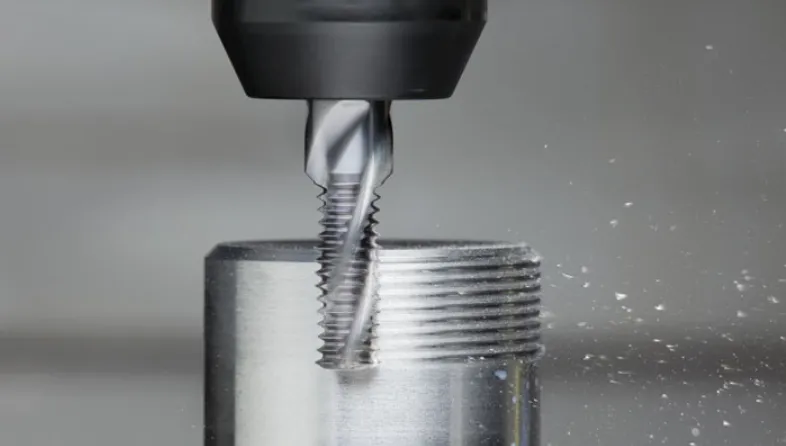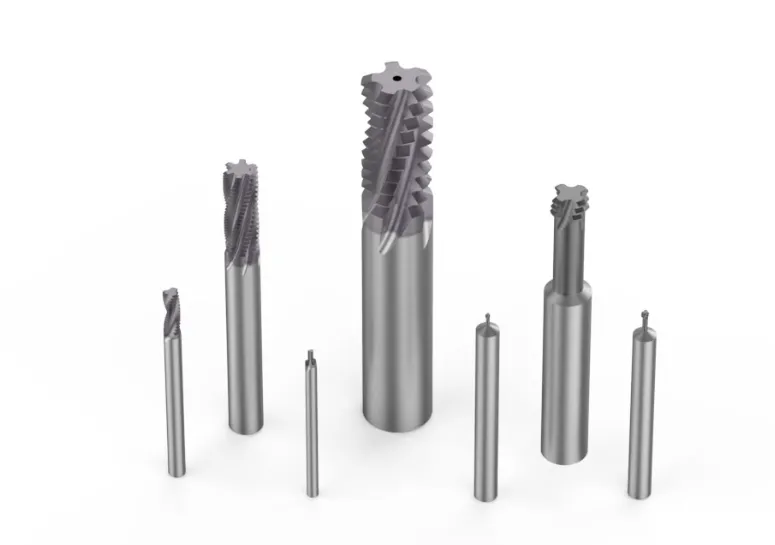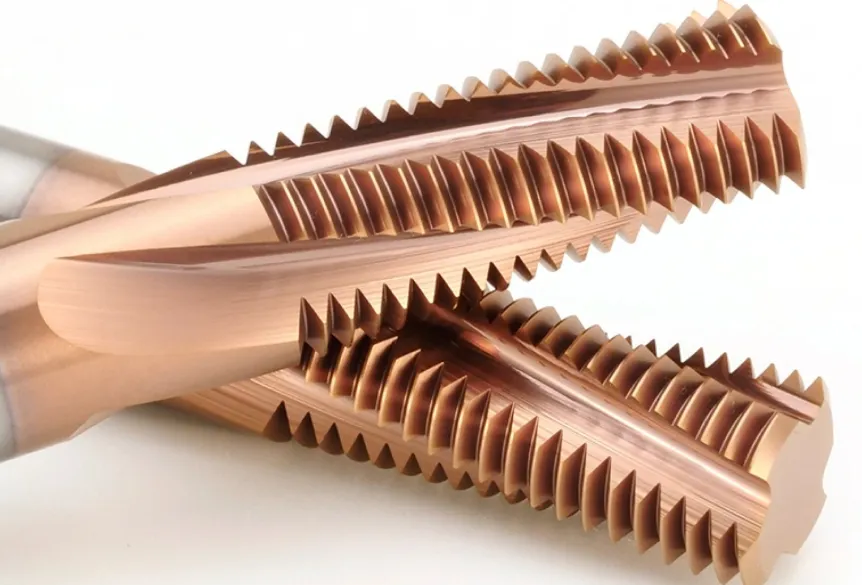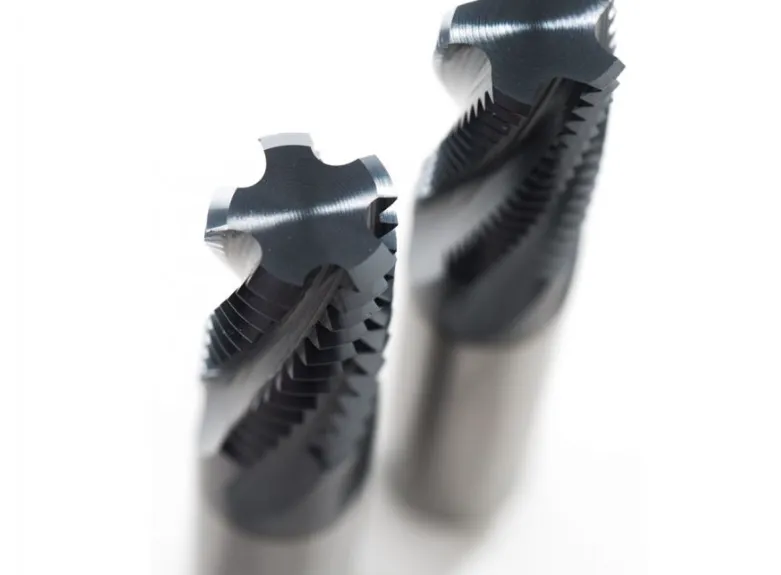Thread mills represent a significant advancement in machining technology, providing a versatile solution for creating threads in a variety of materials. Unlike traditional tap methods, which can only produce threads of specific sizes and types, thread mills allow for greater flexibility in thread geometry and pitch. This capability is especially crucial in industries where precision and customization are paramount, such as aerospace, automotive, and medical device manufacturing. The design of thread mills typically incorporates multiple cutting edges, which not only enhances efficiency but also reduces the risk of tool breakage, thereby minimizing downtime and maintaining productivity on the shop floor.
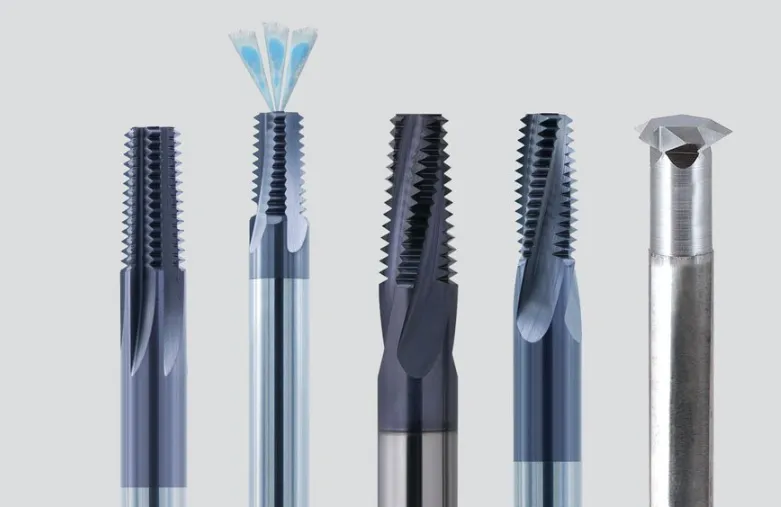 One of the compelling aspects of thread mills is their ability to cut both internal and external threads, making them an invaluable tool for machinists. Operating in a helical motion, the thread mill can easily adapt to various thread standards, including UNC, UNF, and Metric threads. This adaptability is essential in today’s manufacturing landscape, where engineers often find themselves working across different projects and specifications. Additionally, thread mills can create threads in materials that are challenging to work with, such as high-strength alloys and composites, which are increasingly used in applications requiring lightweight yet durable components.
One of the compelling aspects of thread mills is their ability to cut both internal and external threads, making them an invaluable tool for machinists. Operating in a helical motion, the thread mill can easily adapt to various thread standards, including UNC, UNF, and Metric threads. This adaptability is essential in today’s manufacturing landscape, where engineers often find themselves working across different projects and specifications. Additionally, thread mills can create threads in materials that are challenging to work with, such as high-strength alloys and composites, which are increasingly used in applications requiring lightweight yet durable components.
The evolution of thread milling technology has also been influenced by advancements in materials and coatings. Modern thread mills are often made from high-speed steel or carbide, allowing for better performance at higher cutting speeds and improved wear resistance. The introduction of advanced coatings, such as TiN and TiAlN, provides additional protection against heat and friction, thereby extending tool life significantly. This combination of materials and coatings not only enhances the machinist’s ability to execute complex threading operations but also drives down production costs in the long run.
Moreover, the integration of CNC (Computer Numerical Control) technology into machining processes has optimized the use of thread mills. CNC machines can be programmed with precise parameters, allowing for consistent and repeatable threading operations. This level of automation decreases the likelihood of human error and increases production efficiency. As industries move toward more automated manufacturing systems, the role of thread mills is likely to grow, providing manufacturers with an effective means of maintaining high-quality output while reducing labor costs.
In the context of industry demand, thread mills are becoming increasingly important as the push for lightweight and high-strength materials continues to rise. The automotive and aerospace sectors, in particular, are seeking ways to reduce weight without compromising on strength. The ability of thread mills to efficiently create threads in new-age materials that fulfill these requirements has made them critical tools for manufacturers aiming to innovate while adhering to stringent industry standards.
In summary, the advancements in thread milling technology are reshaping how industries approach threading applications. The ability to produce precise and varied thread geometries makes thread mills indispensable in modern manufacturing. Furthermore, the ongoing developments in materials, coatings, and automation reflect a broader trend towards efficiency and precision in the machining process, ensuring that thread mills will remain a fundamental component of production systems for years to come. As industries adapt to ever-evolving demands and technologies, the significance of thread mills will undoubtedly continue to rise.

